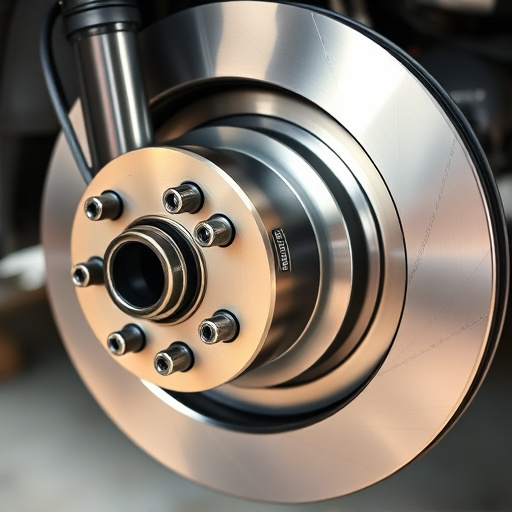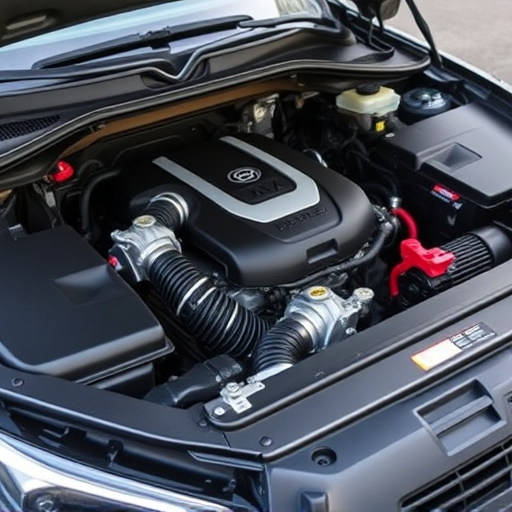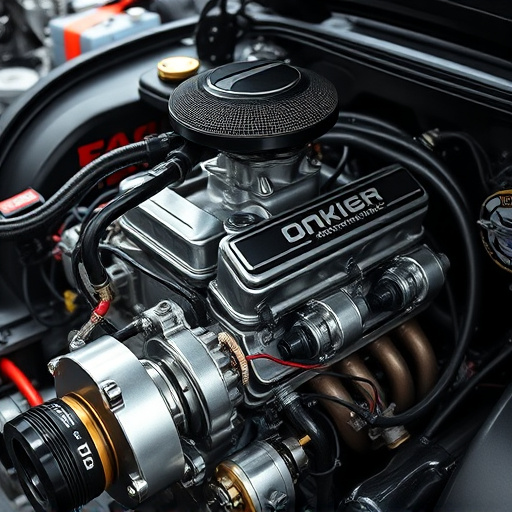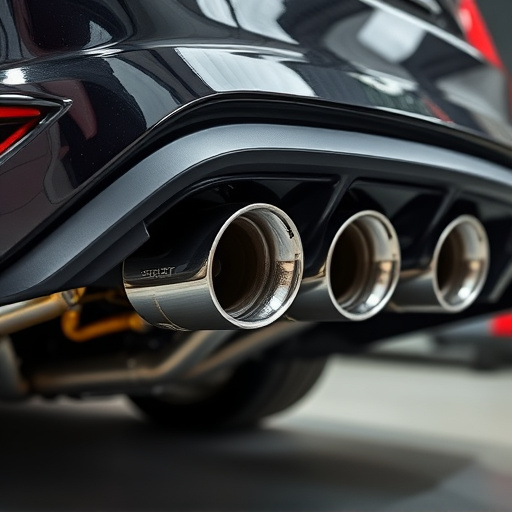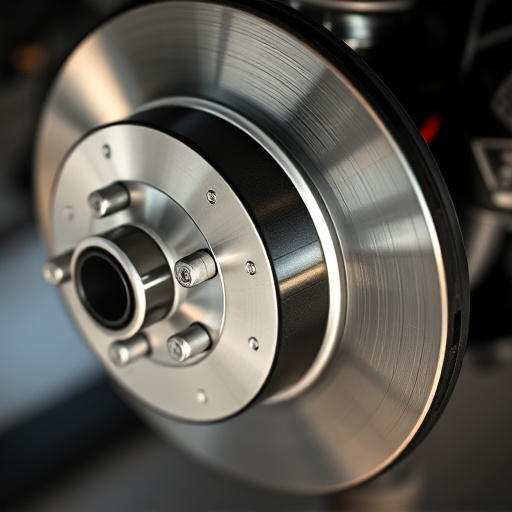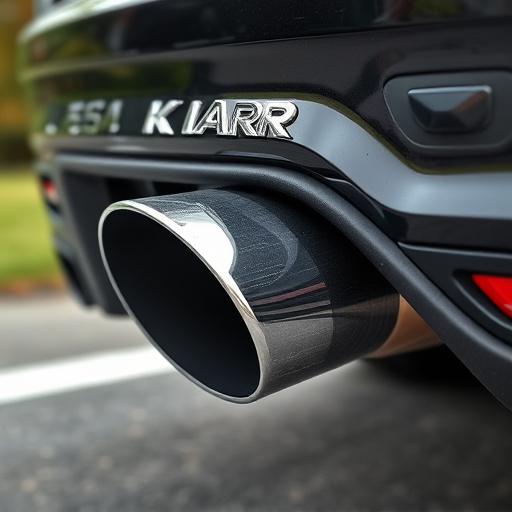Dry air filters offer significant advantages over traditional lubricated filters with their minimal maintenance requirements, including periodic replacement only, saving time and resources while optimizing indoor and vehicle performance by preventing contamination and debris buildup, leading to longer equipment lifespans and reduced risk of damage from oily residue.
Discover the revolutionary benefits of dry air filters, designed for effortless maintenance. This article explores the unique advantages of a system that eliminates the need for oiling and traditional cleaning methods. By understanding the dry air filter’s low-maintenance requirements, you’ll unlock optimized performance without compromising efficiency. Learn how this innovative technology simplifies filtration processes, ensuring cleaner air with minimal effort.
- Understanding Dry Air Filters' Unique Maintenance Requirements
- Key Benefits of a Low-Maintenance Filtration System
- How to Optimize Performance Without Regular Oiling or Cleaning
Understanding Dry Air Filters' Unique Maintenance Requirements
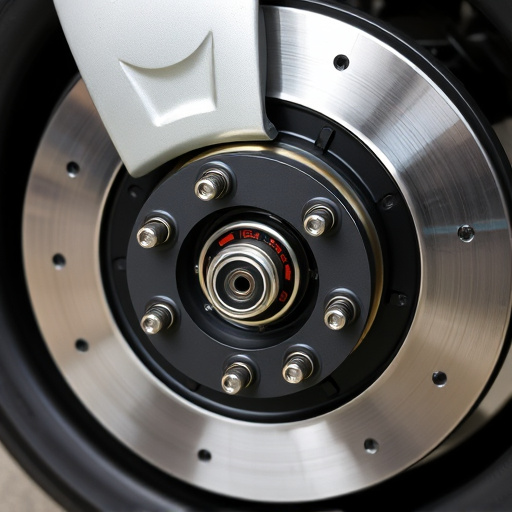
Dry air filters stand out from their lubricated counterparts due to their unique maintenance requirements. Unlike traditional filters that demand regular oiling and meticulous cleaning, dry air filters are designed for minimal upkeep. This innovative feature translates to significant savings in time and resources for homeowners and business owners alike.
The absence of oil or special cleaning solutions means no messy tasks or complex procedures. Dry air filters simply need periodic replacement, typically based on usage and environmental conditions. This simplicity extends beyond the filtering mechanism itself, reflecting an overall streamlined approach to air purification. By eliminating the need for routine maintenance, such as changing brake pads in a car’s intricate system or cleaning intake components within air intake systems, dry air filters offer a hassle-free solution for improving indoor air quality.
Key Benefits of a Low-Maintenance Filtration System
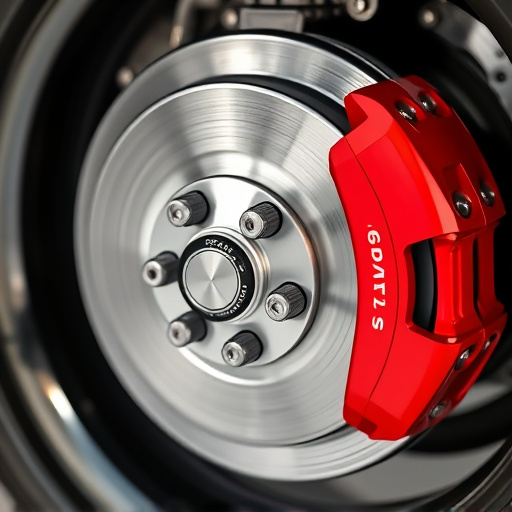
A dry air filter offers numerous advantages when it comes to maintaining clean and healthy indoor air. One of its key benefits is the elimination of the need for frequent oiling or complex cleaning routines, which are often required by traditional filtration systems. This low-maintenance approach not only saves time and effort but also ensures consistent performance without the hassle of regular servicing.
Furthermore, the simplicity of a dry air filter extends to its impact on other components within your system. Unlike lubricating substances, the absence of oil in these filters prevents any potential contamination that could affect sensitive parts like brake rotors or intake components. This design choice not only contributes to longer-lasting equipment but also reduces the risk of blockages or damage caused by oily residue.
How to Optimize Performance Without Regular Oiling or Cleaning
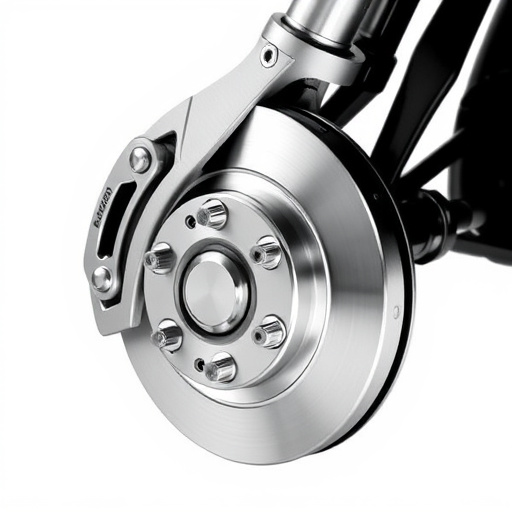
Optimizing performance with a dry air filter is as simple as ensuring it remains unclogged and clean. Unlike traditional filters that require frequent oiling or deep cleaning, this modern alternative thrives on minimal maintenance. The key lies in regular inspection, especially when installed in environments with high dust or pollen levels. A quick visual check for any debris buildup will ensure the filter functions at peak efficiency, delivering clean air without compromising your vehicle’s engine performance.
By avoiding unnecessary oiling, you prevent potential damage caused by excess moisture. Moreover, eliminating the need for special cleaning methods reduces the risk of introducing contaminants back into the system. This is particularly beneficial for those who drive in areas with cat back exhaust systems or brake pad wear, where smaller particles can significantly impact airflow. Regular maintenance thus becomes a straightforward task, allowing you to focus on other exhaust tips without sacrificing your dry air filter’s performance.
A dry air filter stands out for its minimal maintenance needs, eliminating the hassle and cost associated with traditional filtration systems. By understanding and leveraging its unique characteristics, such as no oiling or special cleaning required, you can enjoy consistent performance and improved indoor air quality without the regular upkeep. This low-maintenance system is a practical choice for any environment, ensuring clean air while simplifying your routines.








